As a sugar glider owner, you probably know how important it is to keep them happy and healthy. However, even with the best care, they can fall ill or face health issues. It’s important to recognize the signs and symptoms of illness in your sugar glider to provide them with timely medical attention.
In this blog how to tell if my sugar glider is dying, we will cover common health issues that sugar gliders face, how to identify signs of illness, and whether sugar gliders are easy or hard to take care of. We will also address one common question that arises – are sugar gliders dirty pets? Read on to learn all about caring for your furry little friend.
Table of Contents
Do sugar gliders get sick easily?

Sugar gliders, like any small mammal, are prone to various health issues. Recognizing the signs of illness in sugar gliders is crucial, as they can become ill quite easily. Regular health monitoring and understanding common health issues are essential for their well-being.
Common Health Issues in Sugar Gliders
Sugar gliders are susceptible to various health issues that owners should be aware of. One common problem is weight loss and loss of appetite, which could indicate an underlying health condition. Another issue that sugar gliders can experience is urinary tract infections, which can be quite uncomfortable for them. Hair loss is also a common problem in these adorable marsupials and can be caused by a variety of factors such as stress, improper nutrition, or even genetic defects. If you notice any of these symptoms, it’s important to take your sugar glider to a vet and have a fecal exam done to identify any potential health issues.
Additionally, hind leg paralysis can be a symptom of calcium deficiency in sugar gliders, so it’s essential to ensure they have a balanced diet that includes calcium supplements if needed. Remember, prevention is key, so make sure to provide a clean and safe environment for your sugar glider, avoid overcrowding by having suitable cage mates, and maintain proper temperatures to prevent respiratory distress symptoms. Regular visits to the vet for check-ups and keeping an eye out for any changes or unusual behaviors can help catch health issues early on and ensure your sugar glider lives a long and healthy life.
Recognizing Signs of Illness in Sugar Gliders
One of the signs that may indicate dehydration in sugar gliders is sunken eyes. This can be a result of inadequate fluid intake or other underlying health issues. Another sign to watch for is difficulty breathing, which could be a symptom of respiratory distress. If you notice your sugar glider struggling to breathe, it’s essential to seek veterinary assistance right away.
Proper diagnosis by a vet is crucial for maintaining the health of your sugar glider. They will be able to identify and treat any underlying health issues that may be causing your glider to become ill. It’s also important not to ignore symptoms of bacterial infections in sugar gliders. These can manifest as diarrhea, changes in appetite, or other behavioral changes.
Seizures can be a serious health issue in sugar gliders and should not be taken lightly. If your glider experiences seizures, you should seek immediate veterinary attention. Remember, these are just a few of the signs and symptoms to look out for. If you notice anything unusual or are concerned about your sugar glider’s health, it’s always best to consult with a veterinarian who specializes in exotic pocket pets.
Are sugar gliders easy to take care of?

Taking care of sugar gliders requires knowledge and effort. It can be challenging and time-consuming, but providing a proper enclosure and regular veterinary check-ups are essential. Additionally, nutrition plays a crucial role in their care.
Accidents and Trauma
Accidents can happen to sugar gliders, resulting in injuries. These accidents can range from falls from heights to collisions with objects in their environment. Trauma can have severe consequences for sugar glider health, so it’s crucial to minimize the risk of accidents by providing a safe and secure enclosure. Ensuring that the cage is free from any potential hazards such as sharp edges, toxic substances, or small gaps is essential.
In case an accident does occur, immediate veterinary care is necessary. Promptly contacting an emergency vet can help ensure the best possible outcome for your sugar glider. They will be able to assess the extent of the injury and provide appropriate treatment. It’s important to note that sugar gliders have delicate bodies and even seemingly minor accidents can have severe consequences.
Some common accidents and trauma-related issues in sugar gliders include broken bones, sprains, and dislocations. Additionally, gliders can experience respiratory distress symptoms due to trauma or accidents. Sugar gliders are susceptible to respiratory issues, and any traumatic event can exacerbate their condition.
Prevention is key when it comes to accidents and trauma in sugar gliders. Creating a safe environment, keeping a close eye on your glider’s behavior, and providing proper supervision during playtime are all ways to reduce the risk of accidents. Regularly inspecting the cage for any potential hazards and ensuring proper temperature and humidity levels can also help prevent accidents related to improper temperatures.
Remember, the well-being of your sugar glider depends on your attentiveness and care. By minimizing the risk of accidents and providing immediate veterinary attention when needed, you can help ensure a happy and healthy life for your beloved pet.
Nutritional Deficiencies and Diseases
Nutritional deficiencies can greatly impact the health of sugar gliders. One common nutritional issue in these small marsupials is obesity. It is important for sugar glider owners to monitor their pets’ diet and ensure they are not overeating, as excessive weight gain can lead to various health problems.
Another nutritional deficiency that can affect sugar gliders is a lack of calcium. Calcium deficiency can result in weakened bones and teeth, causing issues such as fractures and dental problems. It is crucial for sugar gliders to receive sufficient amounts of calcium through their diet or with the help of supplements.
Proper nutrition is essential for the overall well-being of sugar gliders. A balanced diet that includes a variety of fruits, vegetables, proteins, and calcium-rich foods is crucial for their care. Providing the right nutrients can help prevent nutritional deficiencies and keep sugar gliders healthy.
In addition to a balanced diet, regular veterinary check-ups are important for monitoring the health of sugar gliders and addressing any potential nutritional deficiencies or diseases. A veterinarian who specializes in exotic pets can provide valuable guidance on proper nutrition and suggest appropriate dietary changes if needed.
Ensuring that sugar gliders have a healthy and well-balanced diet is one of the most important aspects of their care. By providing the right nutrients and addressing any nutritional deficiencies or diseases promptly, sugar glider owners can help keep their furry friends happy and healthy.
Infections and Parasites
Sugar gliders, like any other pets, can be susceptible to bacterial infections. These infections can cause a range of health issues and can be quite serious if left untreated. Additionally, parasites such as mites can also pose a threat to the well-being of sugar gliders. Regular preventive measures to control parasites are crucial for their overall care.
Infections and parasites can have a negative impact on the health of sugar gliders. They can cause respiratory distress symptoms, which can be alarming for owners. It is important to note that improper temperatures, genetic defects, or direct contact with infected animals can increase the risk of infections and parasitic infestations.
If you notice any signs of infection or parasitic activity in your sugar glider, it is essential to seek prompt veterinary treatment. A qualified veterinarian specializing in exotic pets can provide the necessary medical attention and prescribe appropriate medications, such as antibiotics or antiparasitic treatments.
Remember, the most important thing is to address the health concerns of your sugar glider as soon as possible. Infections and parasites can progress rapidly and have severe consequences if left untreated. Regular check-ups and preventive measures can go a long way in ensuring the well-being of your sugar glider.
Are sugar gliders hard to take care of?
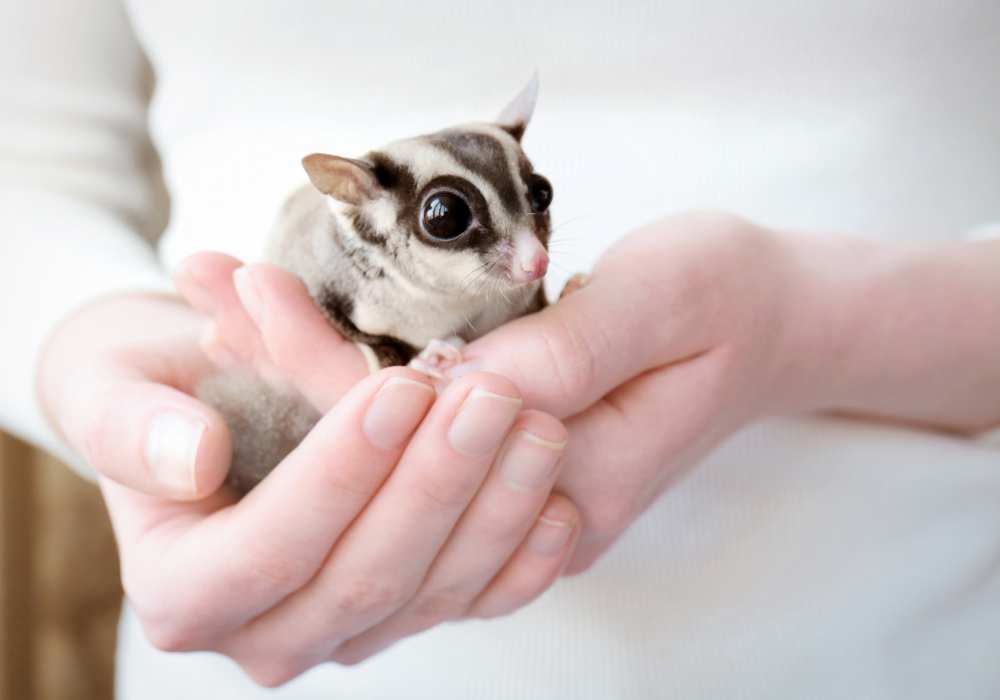
Taking care of sugar gliders can be challenging, especially for first-time owners. Dedication and commitment are required to provide proper care. To ensure the well-being of your sugar glider, here are some dos and don’ts to keep in mind:
DOs:
DON’Ts:
By following these dos and don’ts, you can provide the proper care your sugar glider needs and identify any potential health issues before they become life-threatening.
Changes in Behaviour and Eating Habits
Changes in behaviour and eating habits can provide important insights into the health of sugar gliders. As responsible owners, it’s crucial to be observant and mindful of any changes in their behaviour. If you notice your sugar glider experiencing a loss of appetite, it could be an indication of an underlying health issue. Similarly, lethargy and lack of energy may also suggest a health problem.
Another important aspect to monitor is any changes in urine or faeces. If you notice anything unusual, such as a change in colour, consistency, or frequency, it might be a symptom of a health issue. These changes can include diarrhoea, constipation, or even the presence of blood in the stool.
Being aware of these behavioural and bodily changes can provide early warnings for potential health problems. If you notice any abnormalities, it’s important to consult a vet who specialises in exotic animals, as they will have the expertise on sugar glider health. They can conduct a thorough examination and recommend appropriate treatment if needed. Remember, prompt veterinary care can make a significant difference in the well-being and longevity of your sugar glider.
In conclusion, being attentive to changes in behaviour and eating habits is essential for sugar glider owners. These changes can be indicative of underlying health issues and monitoring them closely can help ensure the best possible care for your furry companion.
Visible Physical Changes
When it comes to your sugar glider’s health, it’s important to pay attention to any visible physical changes. These changes can provide valuable insight into your pet’s well-being. Abscesses are one visual symptom that should be taken seriously in sugar gliders. If you notice any swollen body parts, it could be an indication of underlying health issues. Keep an eye out for physical changes such as hair loss, as it can be a sign of potential health concerns.
As a responsible sugar glider owner, it is crucial to be vigilant and observe any visible changes in your pet’s appearance. However, it’s important to remember that only a veterinarian can provide a proper diagnosis for these physical changes. Seeking professional help is the most important thing you can do to ensure the well-being of your sugar glider.
Are sugar gliders dirty pets?
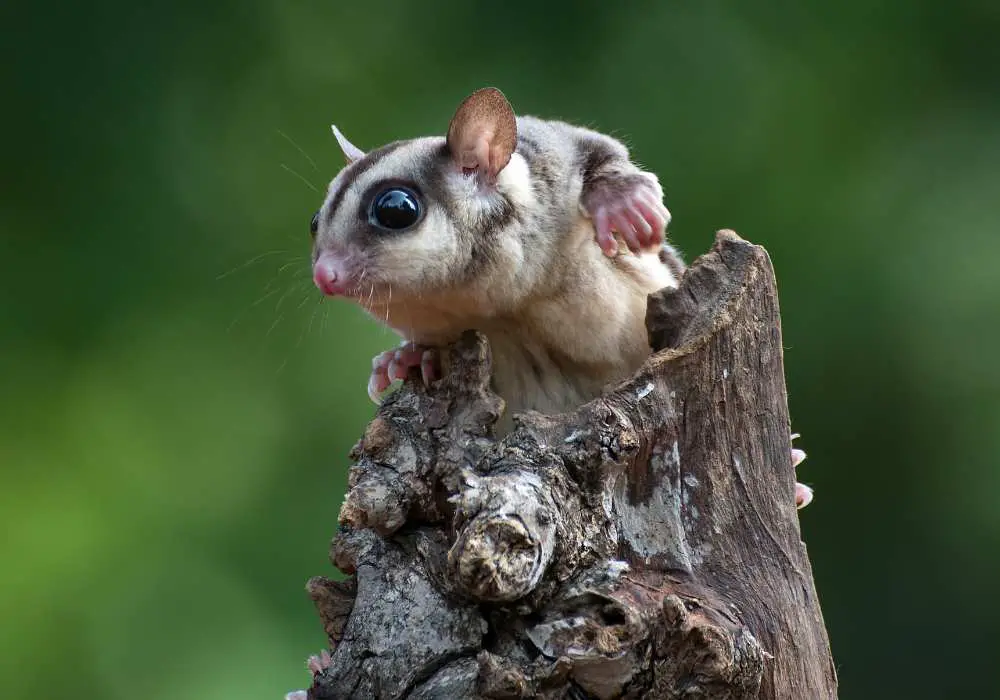
Sugar gliders are naturally clean animals, grooming themselves regularly. While they may have a slight odour due to their pouch where they keep their babies, proper care can manage it. Regular cage cleaning and hygiene practices ensure sugar gliders stay clean and healthy. Providing a proper diet and clean enclosure prevents hygiene issues. Sugar gliders are not considered dirty pets, but care and maintenance are crucial.
Frequently Asked Questions:
How often should I take my sugar glider to the vet?
It’s recommended to take your sugar glider to the vet at least once a year for a check-up and to address any concerns you may have about their health.
What should I feed my sugar glider?
A balanced diet for sugar gliders typically includes fresh fruits and vegetables, insects, and a specialized pellet food. Avoid feeding them sugary or fatty foods.
How can I tell if my sugar glider is dehydrated?
Symptoms of dehydration in sugar gliders include dry skin, sunken eyes, lethargy, and loss of appetite. Make sure they have access to fresh water at all times.
Can sugar gliders get sick from humans?
Yes, sugar gliders can contract illnesses from humans, so make sure to wash your hands before handling them and avoid exposing them to sick individuals.
What should I do if my sugar glider is showing signs of illness?
If you notice any changes in your sugar glider’s behavior or health, it’s important to seek professional help from a veterinarian who specializes in exotic animals. Don’t wait until it’s too late to get them the care they need. Remember, your sugar glider’s well-being is in your hands.
Conclusion
In conclusion, it’s crucial to be vigilant and observant when it comes to the health of your sugar glider. They may be small, but they are susceptible to various health issues. By paying attention to any changes in behaviour, eating habits, and physical appearance, you can quickly identify if your sugar glider is unwell. Common health issues in sugar gliders include accidents, trauma, nutritional deficiencies, diseases, infections, and parasites.
It’s also important to provide them with a proper diet, regular veterinary check-ups, and a clean environment to prevent illnesses.


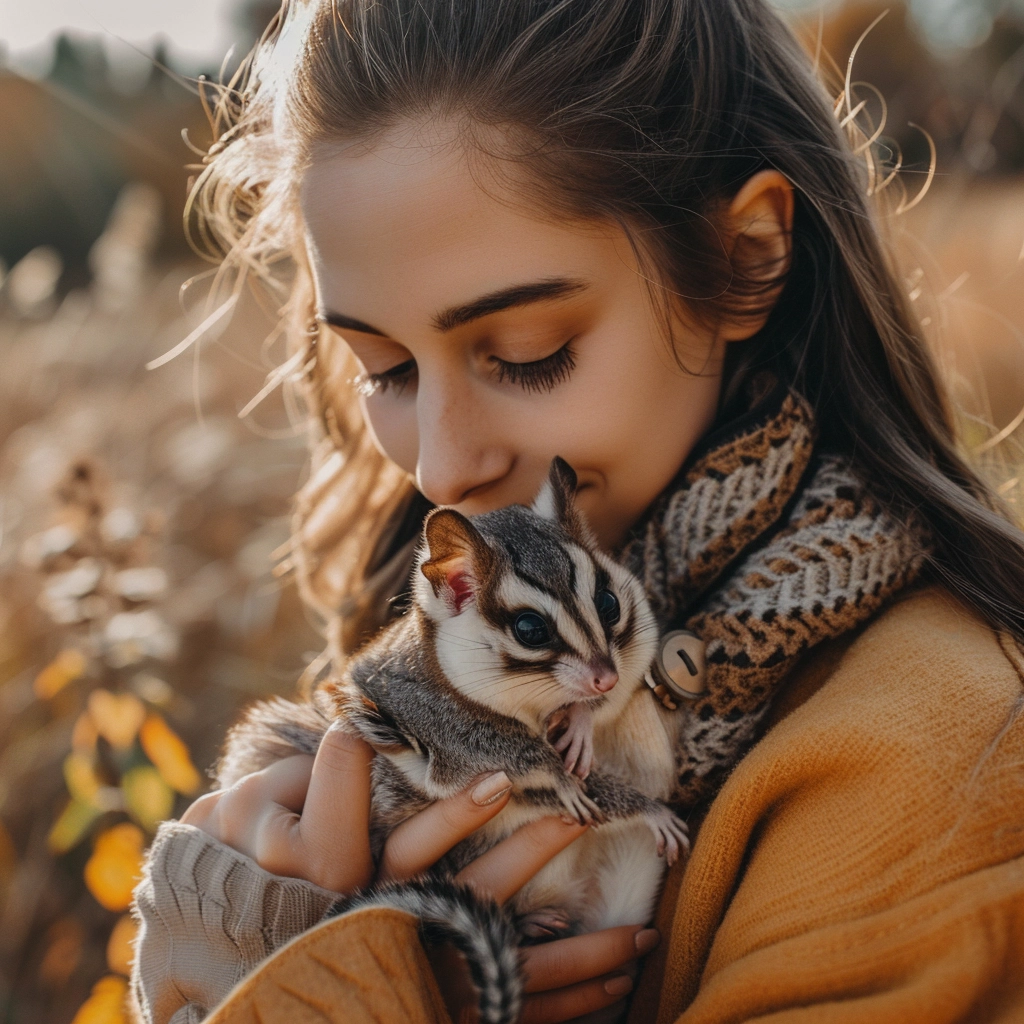
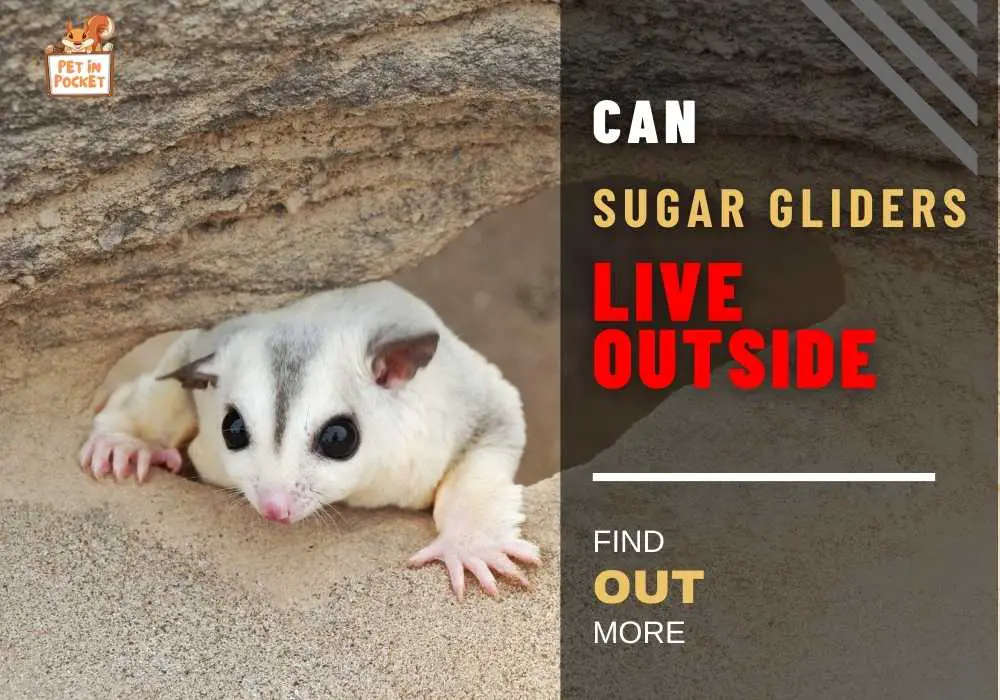

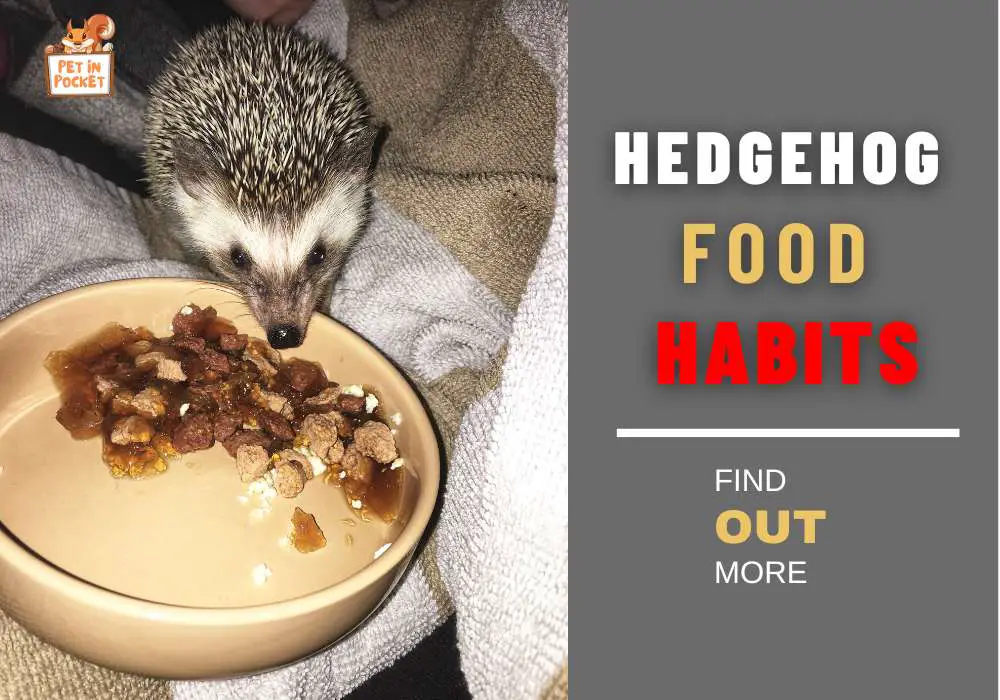
Leave a Reply